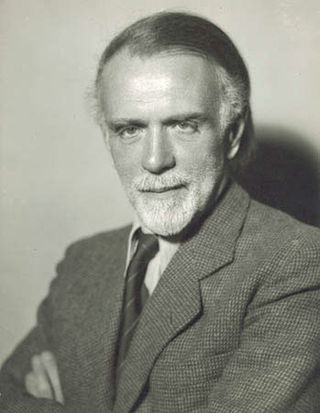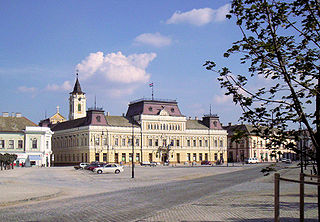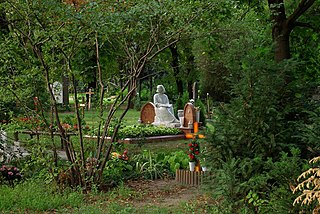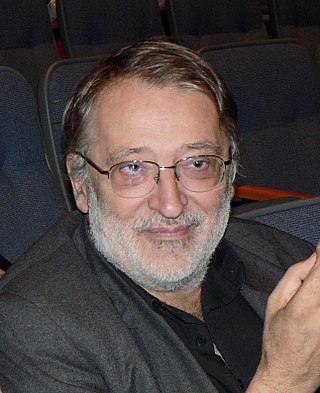The following are people who were either born/raised or have lived for a significant period of time in Bács-Kiskun.
The following are people who were either born/raised or have lived for a significant period of time in Bács-Kiskun.
| | This section is empty. You can help by adding to it. (July 2010) |
| | This section is empty. You can help by adding to it. (November 2022) |
| | This section is empty. You can help by adding to it. (July 2010) |

Zoltán Kodály was a Hungarian composer, ethnomusicologist, music pedagogue, linguist, and philosopher. He is well known internationally as the creator of the Kodály method of music education.

Baja is a city with county rights in Bács-Kiskun County, southern Hungary. It is the second largest city in the county, after the county seat at Kecskemét, and is home to some 35,000 people. Baja is the seat of the Baja municipality.

Bács-Kiskun is a county located in southern Hungary. It was created as a result of World War II, merging the prewar Bács-Bodrog and the southern parts of Pest-Pilis-Solt-Kiskun counties. With an area of 8,445 km2, Bács-Kiskun is the largest county in the country, slightly larger than Cyprus. The terrain is mostly flat with slight emergences around Baja. The county seat and largest city of Bács-Kiskun is Kecskemét.

Hungary competed at the 1972 Summer Olympics in Munich, West Germany. 232 competitors, 187 men and 45 women, took part in 134 events in 20 sports.

Kerepesi Cemetery is the most famous cemetery in Budapest. It is one of the oldest cemeteries in Hungary, and has been almost completely preserved.
The origins of Hungarian opera can be traced to the late 18th century, with the rise of imported opera and other concert styles in cities like Pozsony, Kismarton, Nagyszeben and Budapest. Operas at the time were in either the German or Italian style. The field Hungarian opera began with school dramas and interpolations of German operas, which began at the end of the 18th century. School dramas in places like the Pauline School in Sátoraljaújhely, the Calvinist School in Csurgó and the Piarist School in Beszterce.

The Hungary men's national basketball team represents Hungary in international basketball tournaments. It is governed by the Hungarian Basketball Federation (MKOSZ).

Farkasréti Cemetery or Farkasrét Cemetery is one of the most famous cemeteries in Budapest. It opened in 1894 and is noted for its extensive views of the city.

The Franz Liszt Academy of Music is a music university and a concert hall in Budapest, Hungary, founded on November 14, 1875. It is home to the Liszt Collection, which features several valuable books and manuscripts donated by Franz Liszt upon his death, and the AVISO studio, a collaboration between the governments of Hungary and Japan to provide sound recording equipment and training for students. The Franz Liszt Academy of Music was founded by Franz Liszt himself.

Hungary competed at the 1964 Summer Olympics in Tokyo, Japan. 182 competitors, 150 men and 32 women, took part in 111 events in 17 sports.
Budapest is the capital of Hungary. Below is a list of public place names of Budapest that refer to famous people, cities or historic events. Generality of Budapest's public place names relate to the Hungarian national history. In Budapest there are about 8,600 named public place.

The Hungary national handball team is administered by the Hungarian Handball Federation.

The Kisfaludy Society was a literary society in Pest, founded in 1836 and named after Károly Kisfaludy, who had died in 1830. It held monthly meetings and was a major force in Hungarian literary life, giving prizes, funding the collection of folk songs, and sponsoring the publication of works like Imre Madách's The Tragedy of Man. It dissolved in 1952.

György Orbán is a Romanian-born Hungarian composer.